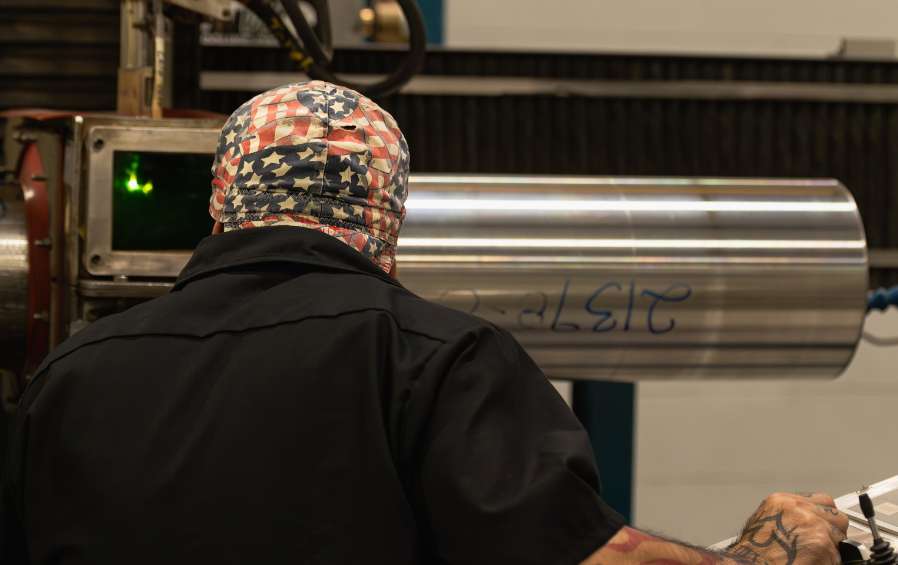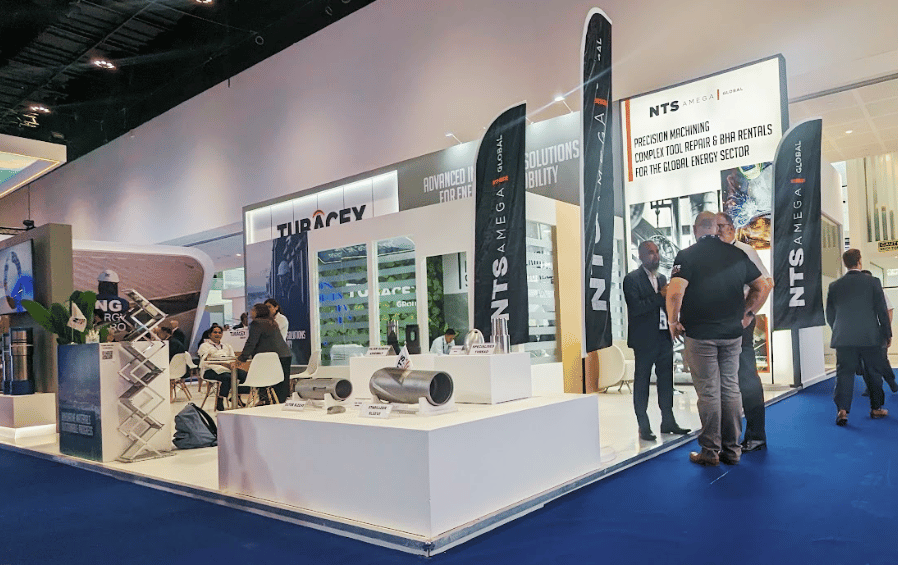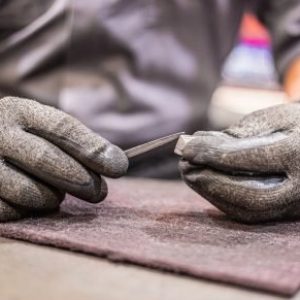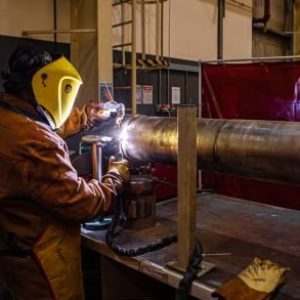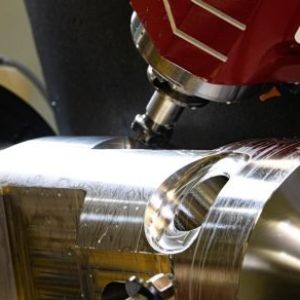Unveiling Precision: The Dynamics of CNC Machining Process
In the realm of manufacturing, precision is paramount, and the CNC machining process stands as a beacon of accuracy and efficiency. Also known as Computer Numerical Control machines, CNC machines like the Mazak Power Master in our Houston facility (pictured), allow NTS Amega Global to provide industry-leading quality and precision to our customer orders.
Understanding CNC Machining
CNC machining is a sophisticated manufacturing process that relies on computer-controlled machinery to craft intricate components from various materials, primarily metals. Unlike traditional machining methods, CNC machining eliminates human errors and consistently produces components with extraordinary precision.
The CNC Machining Process: Step by Step
- Design: The process begins with a detailed computer-aided design (CAD) file that specifies the geometry of the desired part.
- Programming: Skilled technicians use computer-aided manufacturing (CAM) software to translate the CAD design into a set of precise instructions for the CNC machine.
- Setup: The raw material, usually a metal or plastic workpiece, is securely clamped into the CNC machine. The tools are carefully chosen based on the part’s requirements.
- Machining: The CNC machine precisely follows the programmed instructions, guiding cutting tools to remove excess material from the workpiece, until the final part is shaped.
- Quality Control: The finished part undergoes rigorous quality checks to ensure it meets the specified dimensions and tolerances.
The Crucial Function Of Machinists In CNC Processing
Despite the automation of the CNC machining process, skilled CNC machinists are available to handle both planned and unforeseen malfunctions.
The crucial functions of CNC machinists include the ability to:
- Read CAD/CAM files, drawings, and blueprints.
- Establish CAE models.
- Align and modify other machine materials and cutting tools.
- Check the speed of the machine.
- Verify and test completed products for defects.
- Verify if a component is in line with the CAD model.
Benefits of CNC Machining in Manufacturing
- Unparalleled Precision: CNC machining offers a level of precision that is unparalleled, typically up to 0.001 millimetres. This precision is crucial in industries where even the smallest deviation can lead to significant errors.
- Customization: Each manufacturing project has unique requirements. CNC machining allows for highly customised components, tailored to the exact specifications of the project.
- Speed and Efficiency: CNC machines operate 24/7, significantly reducing production time. Quick turnaround times are vital in industries where delays can result in substantial losses.
- Quality Assurance: CNC minimises the potential for defects, ensuring that each component meets the strictest standards.
In Summary
CNC machining is a transformative process in manufacturing, bringing unmatched precision, customization, speed, and quality assurance. In the oil and gas industry, where failure is not an option, CNC machining has become an indispensable tool, enabling the creation of intricate components that drive progress.
As CNC Machining technology continues to advance, this process will remain at the forefront of innovation and reliability, ensuring that the highest industry standards are consistently met. Whether it’s directional drilling, tool repair, or precision machining, CNC technology is a cornerstone of success in the world of manufacturing.


